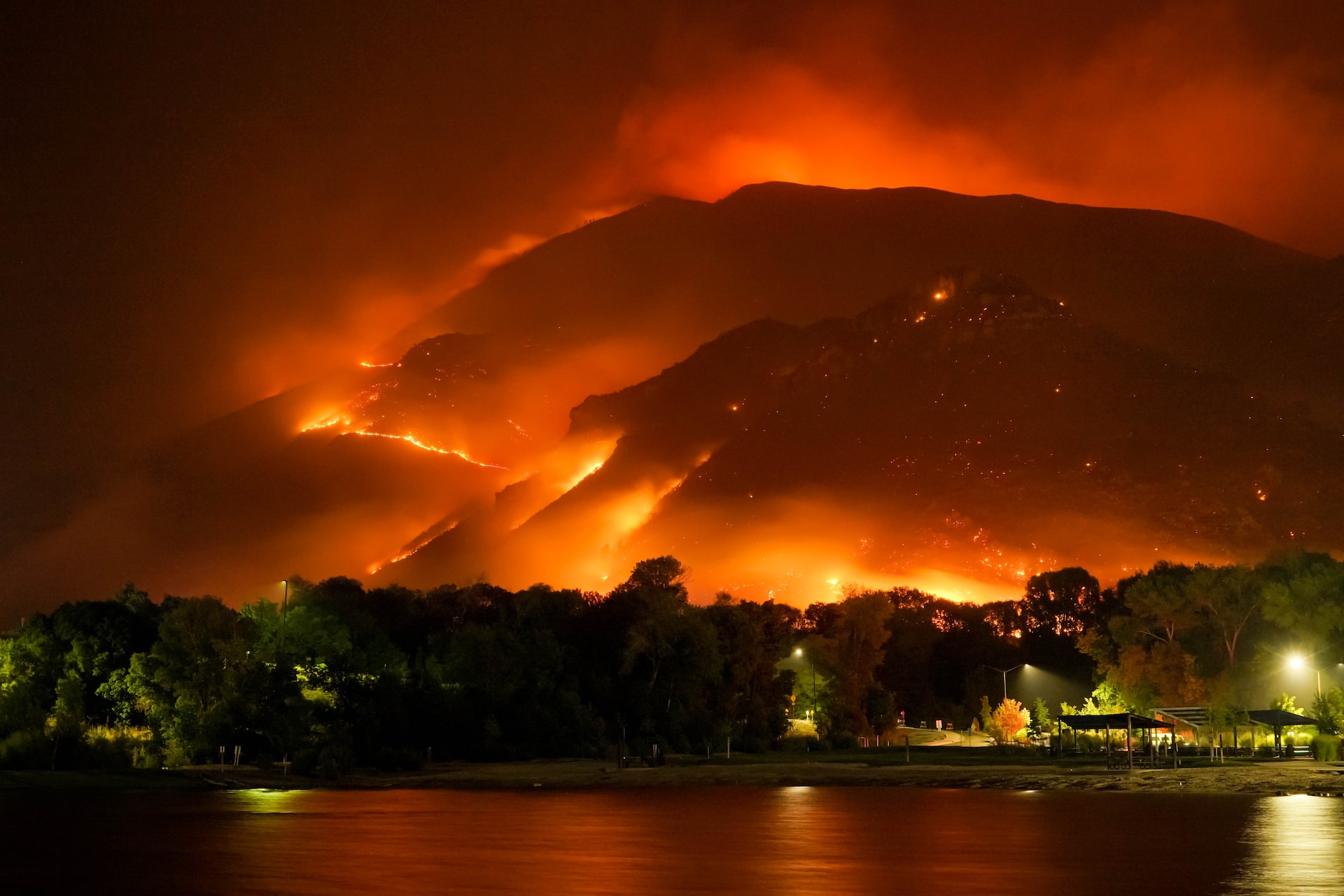Fighting Climate Colonialism: A Global Imperative

The climate crisis is a global problem, but its effects not felt equally around the world. The Global South, which has contributed the least to climate change, is bearing the brunt of its impacts. This is due in part to climate colonialism, a term used to describe the exploitation of resources. And power by Global North countries when dealing with climate change and environmental policies.
Climate colonialism is a form of environmental injustice that must be stopped. It is essential that we work to ensure that the Global South has a seat at the table. When it comes to climate policy, and that they not exploited for the benefit of the Global North.
 Flames from the Donnie Creek wildfire burn along a ridge top north of Fort St. John, British Columbia, Sunday, July 2, 2023. (AP Photo/Noah Berger)
Flames from the Donnie Creek wildfire burn along a ridge top north of Fort St. John, British Columbia, Sunday, July 2, 2023. (AP Photo/Noah Berger)
What is climate colonialism?
Climate colonialism is a form of environmental injustice that occurs. When Global North countries exploit the Global South for their own climate-related interests. This can take many forms, including:
- The green grabbing of land in the Global South: This is the acquisition of land for environmental purposes, such as conservation or renewable energy development. However, in many cases, green grabbing is done without the consent of local communities. And it often leads to the displacement of people and the destruction of traditional livelihoods.
- The export of polluting industries to the Global South: Developed countries have outsourced their pollution to the Global South. Where environmental regulations are often weaker and enforcement is lax. This has led to a significant increase in air pollution and water pollution in many developing countries.
- The imposition of climate-related policies that benefit Global North countries at the expense of the Global South: For example, the Paris Agreement, which negotiated by Global North countries, has criticized for failing to provide adequate financial assistance to the Global South to help them adapt to the impacts of climate change.
Examples of climate colonialism
One example of climate colonialism is the green grabbing of land in the Global South. Green grabbing is the acquisition of land for environmental purposes, such as conservation or renewable energy development. However, in many cases, green grabbing done without the consent of local communities. And it often leads to the displacement of people and the destruction of traditional livelihoods.
Another example of climate colonialism is the export of polluting industries to the Global South. Developed countries have outsourced their pollution to the Global South, where environmental regulations are often weaker and enforcement is lax. This has led to a significant increase in air pollution and water pollution in many developing countries.

How to fight against climate colonialism
There are a number of things that can be done to fight against climate colonialism. These include:
- Increasing transparency and accountability in the development and implementation of climate policies: This means ensuring that local communities consulted and that their consent obtained before any projects undertaken.
- Strengthening environmental regulations in the Global South: This will help to prevent the pollution of air and water, and it will also help to protect the rights of local communities.
- Providing financial assistance to the Global South to help them adapt to the impacts of climate change: This assistance should used to support projects that designed to benefit local communities, such as the development of renewable energy sources and the protection of forests.
- Holding Global North countries accountable for their climate-related actions: This means ensuring that they held to the same environmental standards as the Global South, and that they are providing adequate financial assistance to help the Global South adapt to the impacts of climate change.
Conclusion
Fighting climate colonialism is a global necessity. It is essential that we work together to ensure that the Global South not exploited for the benefit of the Global North. By taking action now, we can help to build a more just and sustainable future for all.

- Art
- Causes
- Best Offers
- Crafts
- Dance
- Drinks
- Film
- Fitness
- Food
- Games
- Festival
- Gardening
- Health
- Home
- Literature
- Music
- Networking
- Other
- Party
- Religion
- Shopping
- Sports
- Theater
- Wellness



